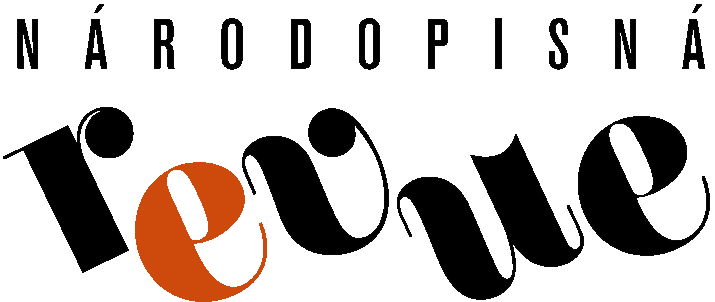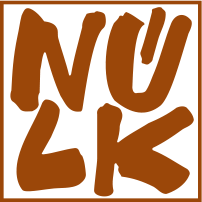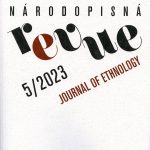Triad of Resistance, Defeat, and Reconciliation: The Production of Historical Meaning in the Performances of Czech Military Reenactment through the Example of Estonian SS Units (Petr Wohlmuth)
Czech Historical Reenactment of the Early Middle Ages: Initial Research Problems and Concepts (Přemysl Vacek)
The Past in an Uncertain Present: The Place of Collective Memory at Demonstrations for an Independent Judiciary in the Czech Republic (Eva Šipöczová)
Contemporary Research on the Czech Compatriots in South-Eastern Europe (Lenka Jakoubková Budilová)
For all content click the button CONTENTS.
Triad of Resistance, Defeat, and Reconciliation: The Production of Historical Meaning in the Performances of Czech Military Reenactment through the Example of Estonian SS Units
Petr Wohlmuth
This study explores several military reenactor performances through the optics of reenactment studies after the affective turn and post-positivist oral history. These are co-organized or independently produced by a Czech military history reenactment club, which is specific for its unique affectivity, experience, and production of historical meaning. In action and film reenactment performances, which we refer to as The West, The March, and Division 45, the reenactors focus on the reconstruction of the final phase of the 20th Waffen Grenadier Division of the SS (1st Estonian) combat journey in the Czech lands in May 1945. In doing so, they produce meanings that conflict with contemporary Czech military culture and official memory, but they avoid historical revisionism. In this sense, the reenactor performances touch upon, among other things, the still highly conflicting local issues of the politics of memory – the so-called crimes of the victors of the summer of 1945, especially the crimes committed against prisoners of war of various types of the German armed forces, subjected to highly inhumane treatment. Until now, these crimes have been debated in the Czech historical community more or less only in relation to German civilians.
Czech Historical Reenactment of the Early Middle Ages: Initial Research Problems and Concepts
Přemysl Vacek
Military reenactment of the early Middle Ages is a hobby in which participants (re)construct and bring back to life technology and events related to the military culture of this period. In recent years, the interest of reenactors has broadened to encompass rituals, crafts, construction, farming, and trade, and could be more aptly described by the broader term of living history. This article, one of the first to examine the situation in the Czech Republic, presents a group of reenactors of the early Middle Ages with an emphasis on high material and experiential authenticity. Oral history in its post-positivist paradigm was the dominating method to reveal their subjective experiences. The representations contained in the interviews are a source for modulated personal experience that express the role, perceived by the actors, inside the reenactment movement as well as for the formulation of their self-concept in history. The text focusses on three analytic schemes – the paradoxes of “authenticity” in current reconstructions of medieval combat, the circumstances of negotiating authenticity, and the concept of Reinhart Koselleck’s “multiple temporalities” that is used here to explain the experiential “mental travelling” of the reenactors between the present and the past.
The Past in an Uncertain Present: The Place of Collective Memory at Demonstrations for an Independent Judiciary in the Czech Republic
Eva Šipöczová
This case study focusses on an analysis of the place of collective memory at the For an Independent Judiciary (in Czech: Za nezávislou justici) demonstrations that took place in the Czech Republic in 2019. It combines the folkloristic approach of inscription folklore research with the theoretical approaches of memory studies. During participant observation of the protests, banners were documented, which the study understands as a specific verbal expression of a folklore nature, anchored in a text and balancing on the borderline between individually and collectively shared opinions regarding particular events. Frequent themes presented on the banners included references to historical events, prominent people, and periods. The past was put into a new context, as it became part of ongoing events and was thus (re)interpreted. This study observes which historical events, people, and periods appeared on the banners, how they were contextualized within ongoing political events, and what symbolic value was assigned to them. The secondary goal of the study is to continue the discussion about the place of research on written expressions of a spontaneous/situational nature in folkloristics, which was opened by Czech folklorists in the 1990s. Memory is seen as a multi-layere phenomenon that is permanently living, present, and re-formulated based on current needs. While analysing the materials, I considered the relationship between formal and non-formal components of memory and their political potential.
Contemporary Research on the Czech Compatriots in South-Eastern Europe
Lenka Jakoubková Budilová
The text summarizes results of contemporary research (after 1989) on Czech villages in south-eastern Europe. It analyses research lines that follow the former scholarly interest in Czech communities in south-eastern Europe, and presents new themes, theoretical approaches and conceptualization of this issue that have emerged since 1990s. It indicates how latest theoretical and methodological approaches have changed the “Czech compatriot discourse”. Although the author focuses mainly on ethnological and cultural-anthropological works, she also pays attention to historical, linguistic, and political-science research. An overview of the Czech language scholarly texts on Czech communities and Czech cultural heritage in the Balkans is presented. The influence of concepts like multisited ethnography, national indifference, memory studies or transnationalism is emphasized.



